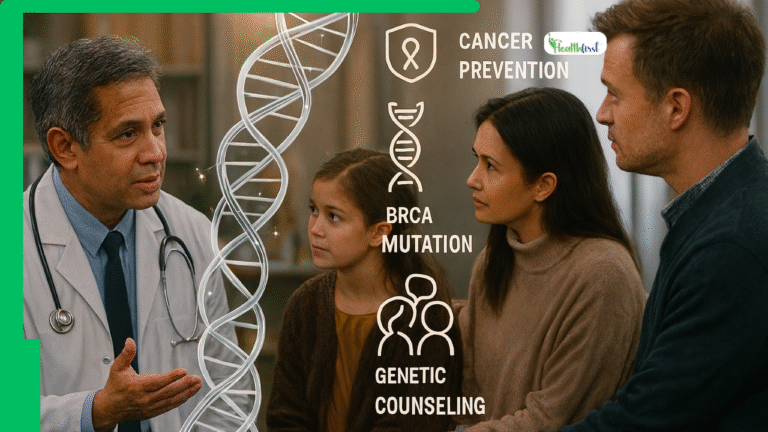Breastfeeding is a natural and highly recommended way of providing essential nutrients to a newborn. It offers numerous health benefits for both the mother and the baby, promoting physical and emotional well-being. This article explores the myriad benefits of breastfeeding, highlighting why it is considered the gold standard for infant nutrition and maternal health.
- Nutritional and Immunological Benefits for the Baby
Optimal Nutrition
Breast milk is often referred to as “nature’s perfect food” for infants. It contains the ideal balance of nutrients that a baby needs for healthy growth and development in the first six months of life. Breast milk is rich in essential proteins, fats, carbohydrates, vitamins, and minerals that are easily digestible and perfectly suited to the infant’s immature digestive system.
Immunological Protection
One of the most significant benefits of breastfeeding is the immunological protection it provides. Breast milk is packed with antibodies, particularly immunoglobulin A (IgA), which plays a critical role in protecting the infant’s gastrointestinal tract from infections. These antibodies help shield the baby from common illnesses, such as ear infections, respiratory infections, diarrhea, and gastrointestinal infections. Studies have shown that breastfed infants have lower incidences of chronic conditions like asthma, allergies, and type 1 diabetes later in life due to the protective components in breast milk.
Enhanced Cognitive Development
Research suggests that breastfeeding is associated with improved cognitive development in children. The long-chain polyunsaturated fatty acids (such as DHA) found in breast milk are crucial for brain development. Breastfed infants tend to score higher on cognitive tests and exhibit better neurological development compared to formula-fed infants.
- Health Benefits for the Mother
Reduced Risk of Breast and Ovarian Cancer
Breastfeeding has been shown to lower the risk of breast and ovarian cancers in mothers. Studies indicate that the longer a woman breastfeeds, the greater the protective effect against these cancers. The mechanism behind this protection is believed to be linked to hormonal changes that occur during lactation, which reduce lifetime exposure to estrogen, a hormone associated with breast cancer risk.
Faster Postpartum Recovery
Breastfeeding promotes faster postpartum recovery for mothers. The act of breastfeeding triggers the release of the hormone oxytocin, which helps the uterus contract and return to its pre-pregnancy size more quickly. This process also reduces postpartum bleeding and lowers the risk of hemorrhage after delivery.
Aid in Weight Loss
Breastfeeding can help mothers return to their pre-pregnancy weight more quickly. Producing milk requires additional energy, which helps burn calories. On average, breastfeeding can burn between 300 to 500 calories per day, aiding in weight loss and helping mothers shed postpartum pounds more effectively.
Lower Risk of Chronic Diseases
Mothers who breastfeed have a lower risk of developing chronic conditions such as type 2 diabetes, cardiovascular disease, and metabolic syndrome. This protective effect is thought to result from the improved metabolic profile that breastfeeding promotes, which includes better glucose tolerance, improved lipid profiles, and reduced blood pressure.
- Emotional and Psychological Benefits
Bonding and Emotional Connection
Breastfeeding fosters a unique emotional bond between the mother and baby. The skin-to-skin contact and eye contact during breastfeeding promotes emotional closeness and attachment. This bonding is facilitated by the release of oxytocin, also known as the “love hormone,” which enhances feelings of relaxation and well-being in both the mother and the baby.
Reduced Risk of Postpartum Depression
Breastfeeding has been associated with a reduced risk of postpartum depression. The act of breastfeeding promotes hormonal balance, which can help stabilize mood and reduce anxiety. Additionally, the sense of fulfillment and emotional connection derived from breastfeeding can positively impact a mother’s mental health and overall well-being.
- Economic and Environmental Benefits
Cost Savings
Breastfeeding is cost-effective, as it eliminates the need to purchase formula, bottles, and other feeding supplies. The financial savings from breastfeeding can be significant, especially when considering the cost of formula feeding for at least the first year of an infant’s life.
Environmental Impact
Breastfeeding is environmentally friendly. It produces no waste, requires no packaging, and uses fewer resources than formula production and distribution. This aspect makes breastfeeding a sustainable choice that contributes to environmental conservation.
Breastfeeding provides a multitude of benefits for both mother and baby, from optimal nutrition and immune protection for the infant to health and emotional benefits for the mother. Understanding these advantages can help mothers make informed decisions about breastfeeding and encourage support from family and healthcare providers. While breastfeeding may not be possible for all women due to medical or personal reasons, understanding its benefits can foster a supportive environment for those who choose to breastfeed.









